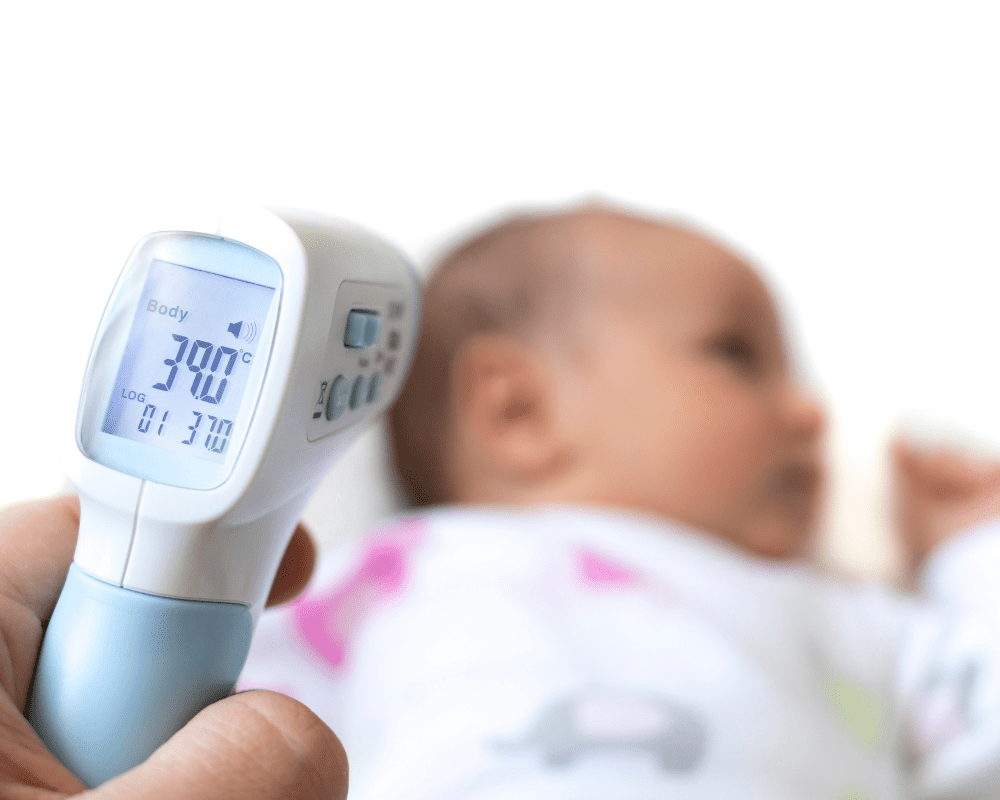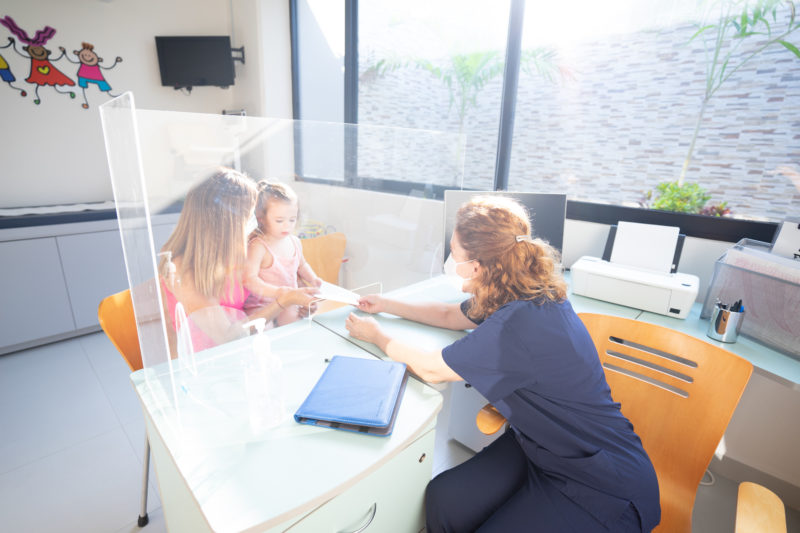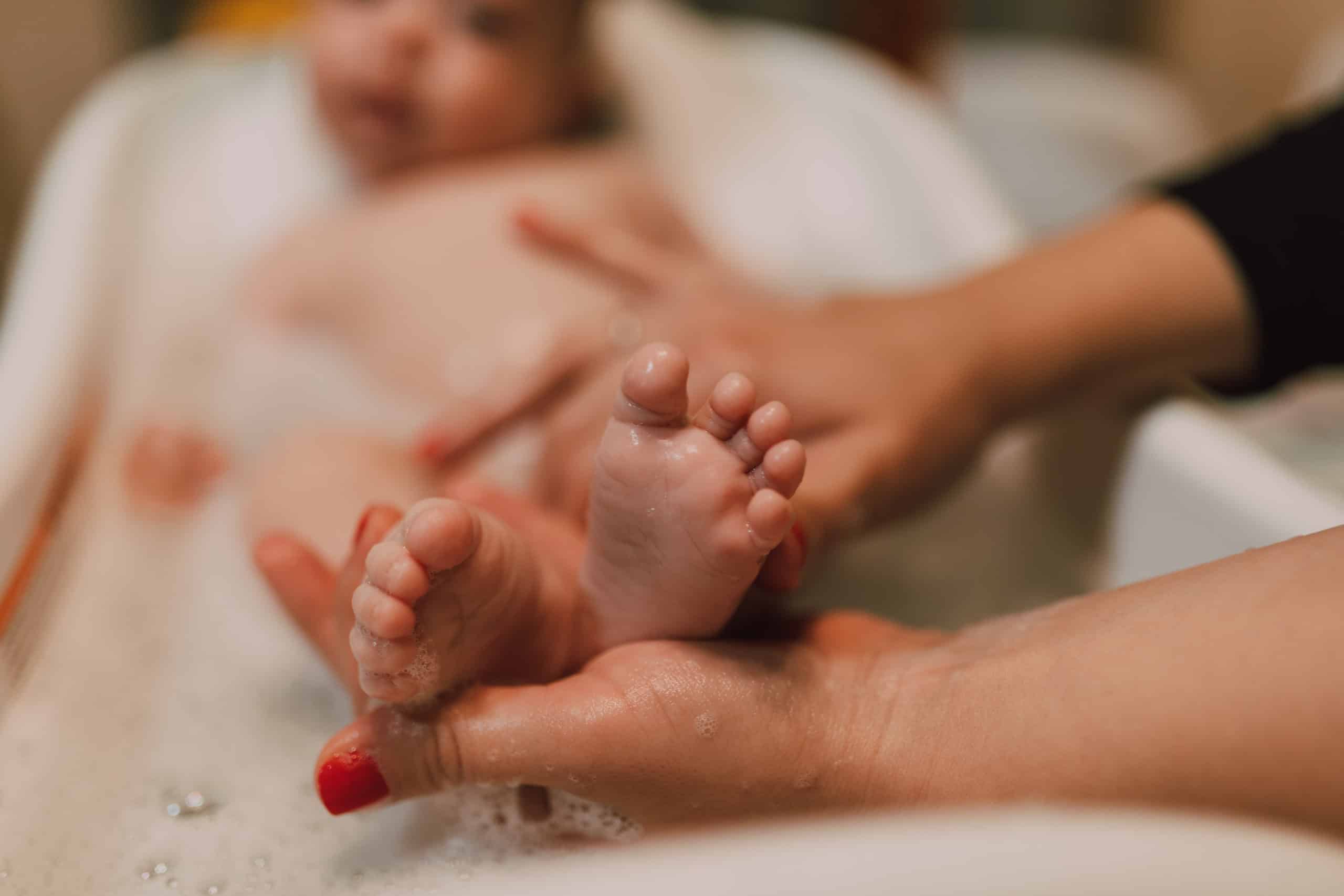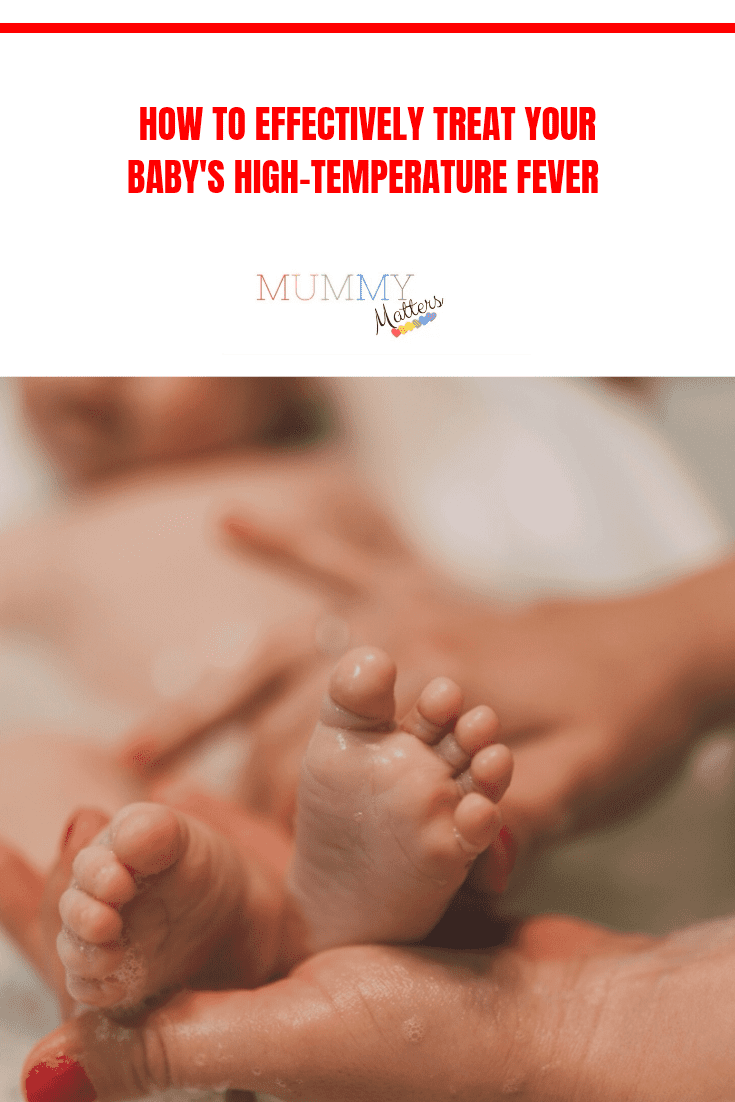Fever is a common symptom among babies and young children and can be a source of great concern for parents. A fever is a natural response of the body to an infection or illness, but it can be dangerous if it rises too high or lasts too long. As a parent, it’s important to know how to effectively treat your baby’s high-temperature fever. Here are some of the best ways to manage your baby’s fever and keep them comfortable during this difficult time.
Monitoring your baby’s temperature

It’s important to monitor your baby’s temperature regularly when they have a fever. A fever is a natural response of the body to an infection or illness, but it can be dangerous if it rises too high or lasts too long. The best way to monitor your baby’s temperature is by using a thermometer to check their temperature every few hours. A rectal thermometer is the most accurate method for infants under three months of age. After three months, an oral or ear thermometer is also acceptable. Pay attention to any changes or trends when monitoring your baby’s temperature. If their temperature is consistently high or continues to rise, it’s time to take action.
Keeping your baby hydrated
When your baby has a fever, they will lose fluids through sweating and increased respiration. This can lead to dehydration, which can be dangerous for young children. To prevent dehydration, it’s important to offer your baby plenty of fluids such as breast milk, formula, water, or Pedialyte. Offer small amounts frequently to avoid overwhelming your baby’s stomach. If your baby is breastfed, offer them the breast more frequently than usual. If your baby is formula-fed, you may need to offer them additional water between feedings. Signs of dehydration in babies include dry mouth, fewer wet diapers, sunken eyes, and lethargy. If you notice any of these signs, contact your paediatrician immediately.
Seeking medical attention

If your baby’s fever lasts longer than a few days or rises above 104 degrees Fahrenheit, it’s important to seek medical attention. Going to a professional emergency medical centre might be just the thing you need to do, but make sure you do it on time! High fevers can be a sign of a serious infection or illness, and your baby may need medical treatment. Other signs that you should contact your paediatrician include a fever in a newborn younger than three months, difficulty breathing, a stiff neck, a rash, or if your baby is not responding to your attempts to comfort them. Your paediatrician can determine the underlying cause of your baby’s fever and recommend the appropriate treatment.
Using acetaminophen or ibuprofen
You can give them acetaminophen or ibuprofen to reduce your baby’s fever. These medications can be purchased over the counter and are safe for most babies. However, you should always consult with your paediatrician before giving your baby any medication, especially if they are younger than six months old. Acetaminophen can help reduce your baby’s fever and relieve any pain or discomfort they may be experiencing. Ibuprofen can also reduce fever, but it should not be given to babies younger than six months of age. Always follow the dosage instructions carefully, and never give your baby more than the recommended amount.
Giving your baby a lukewarm bath

Another way to reduce your baby’s fever is to give them a lukewarm bath. This can help bring down their body temperature and make them feel more comfortable. Fill the bathtub with lukewarm water and place your baby in the water. Keep the water temperature around 85 to 90 degrees Fahrenheit, and limit the bath time to 10-15 minutes. It’s important to avoid using cold water, as this can cause shivering, which can actually raise your baby’s body temperature. You can also use a cool washcloth to help cool your baby’s skin and bring down their body temperature.
Keeping your baby comfortable
During a fever, your baby may feel more irritable or restless than usual. To help them feel more comfortable, you can dress them in lightweight clothing and keep the room cool. Avoid bundling them up in blankets or heavy clothing, as this can make their fever worse. Use a cool washcloth to wipe your baby’s face and neck. You can also use a fan to circulate air in the room, but make sure it’s not blowing directly on your baby. It’s important to keep your baby comfortable and relaxed during a fever, as stress and anxiety can make their fever worse.
A high fever can be alarming for new parents, but with the right care and attention, it can be effectively managed. By monitoring your baby’s temperature and reacting on time, you can help your baby feel better and recover from their illness. However, remember to always consult with your paediatrician before giving your baby any medication or trying any new remedies!

